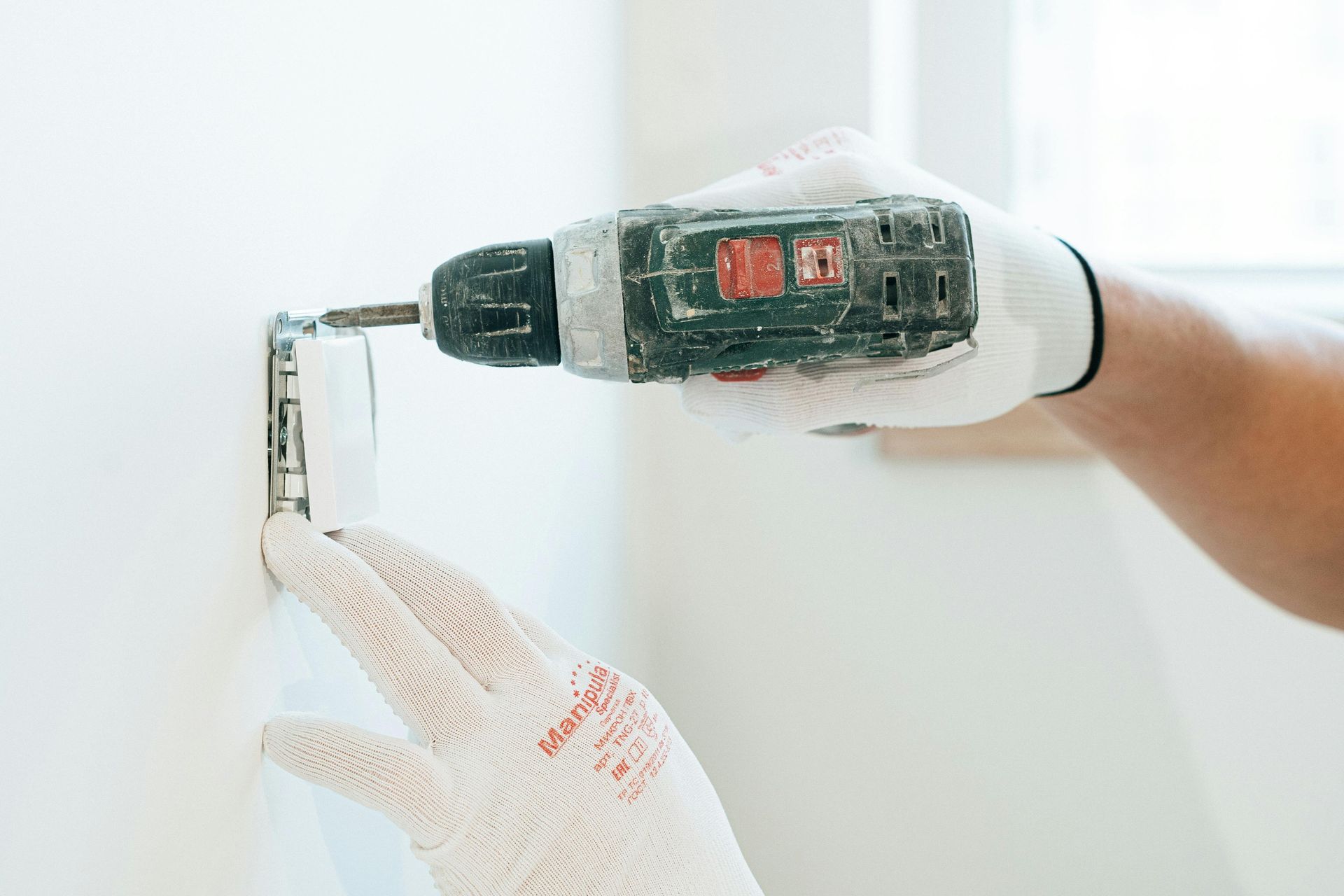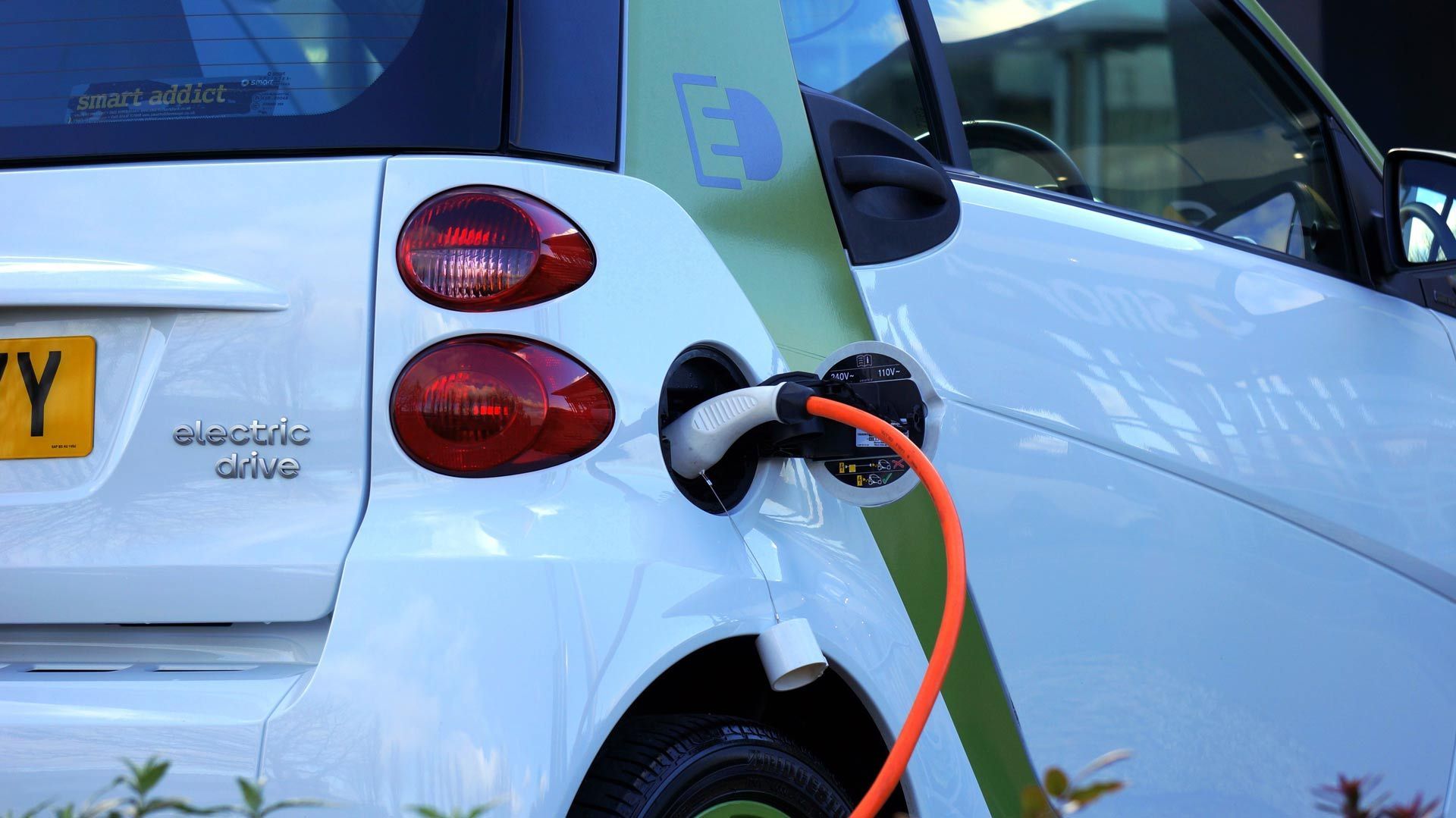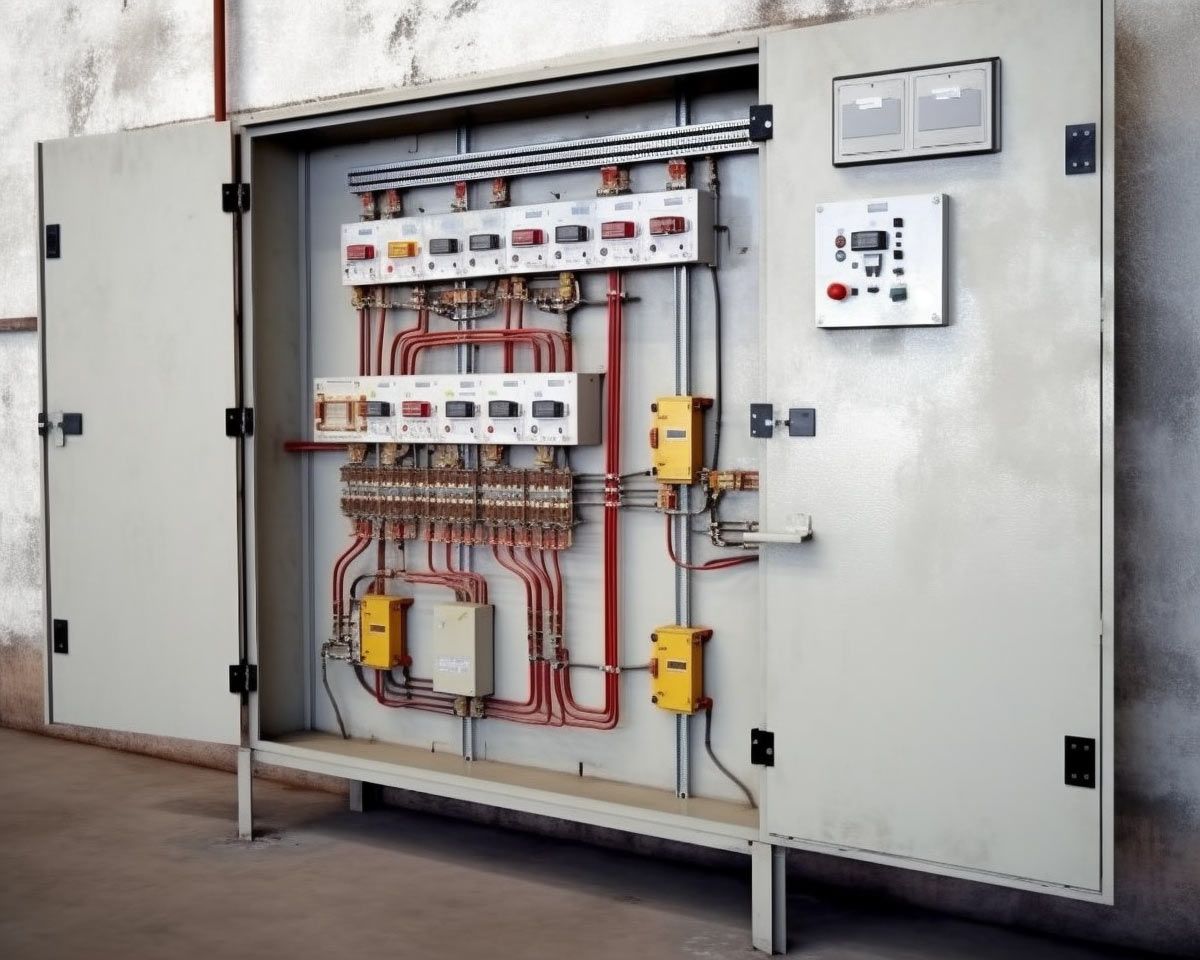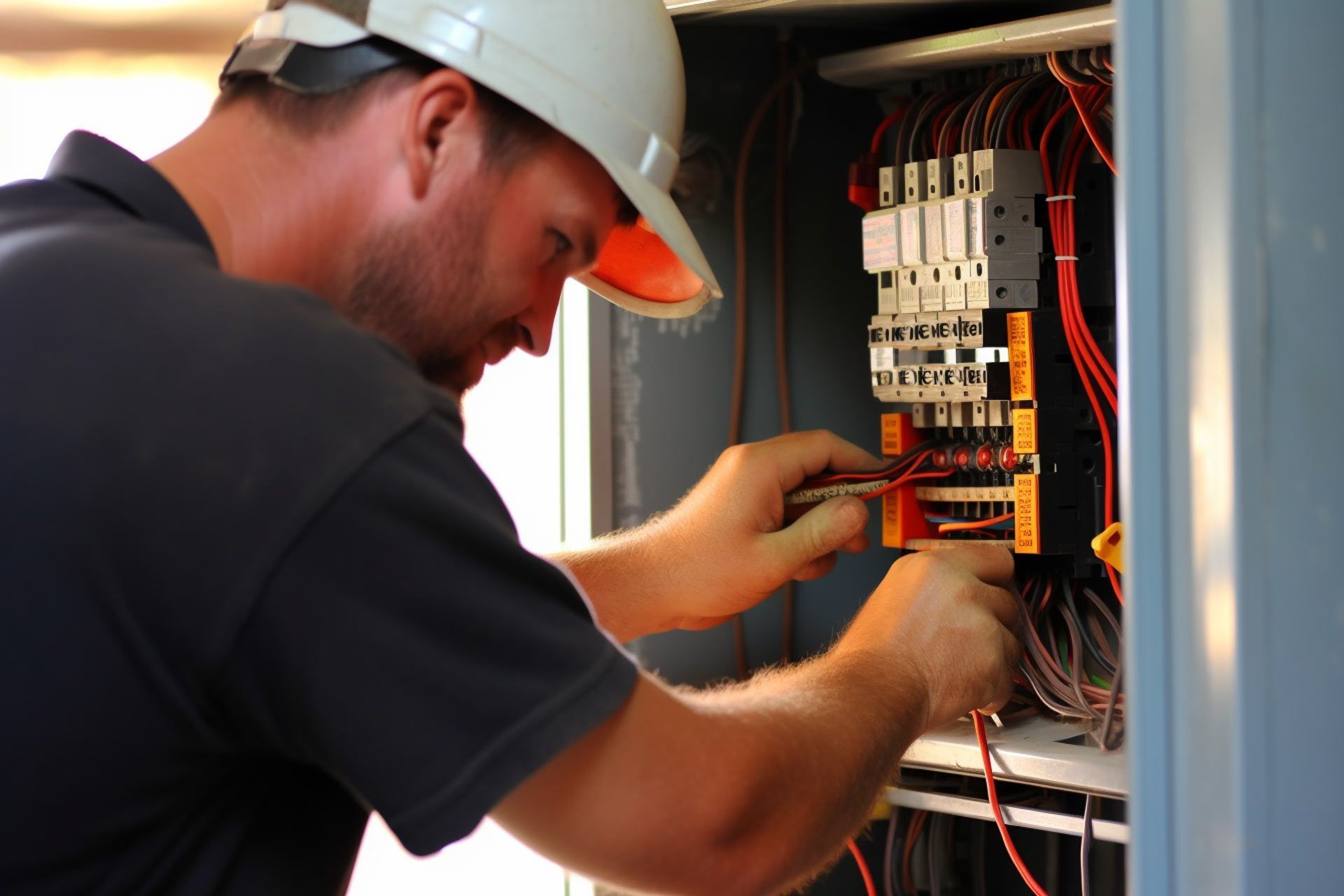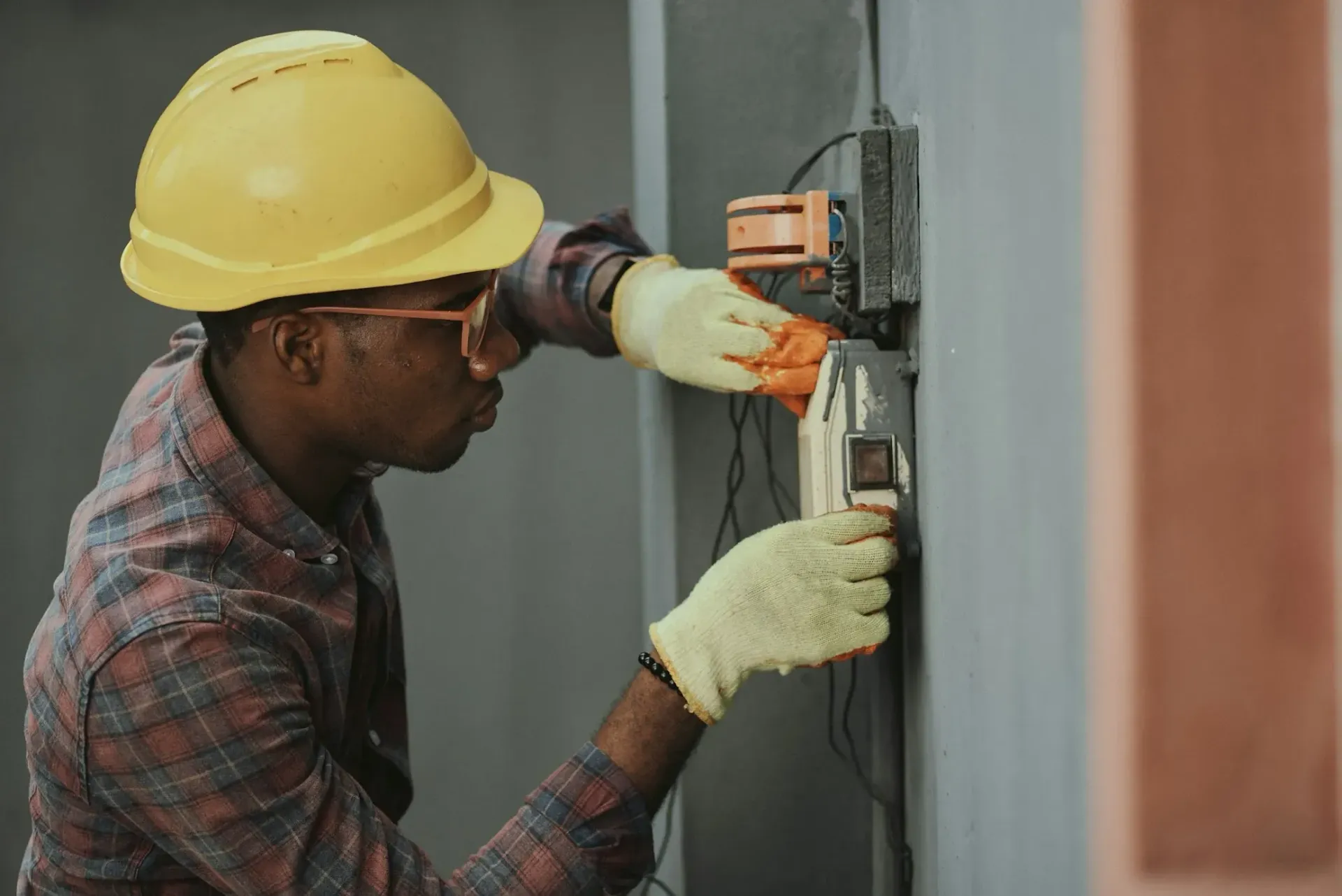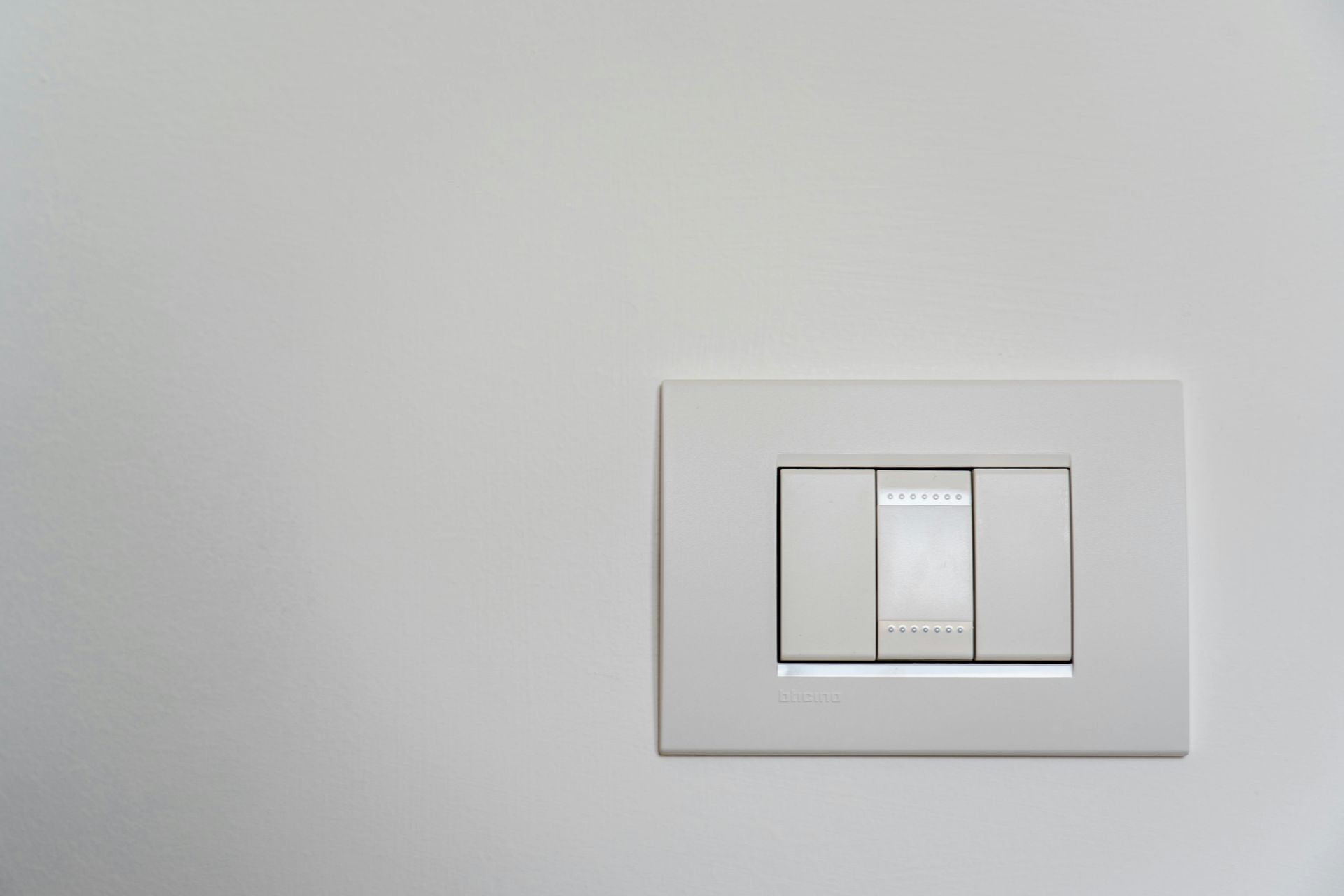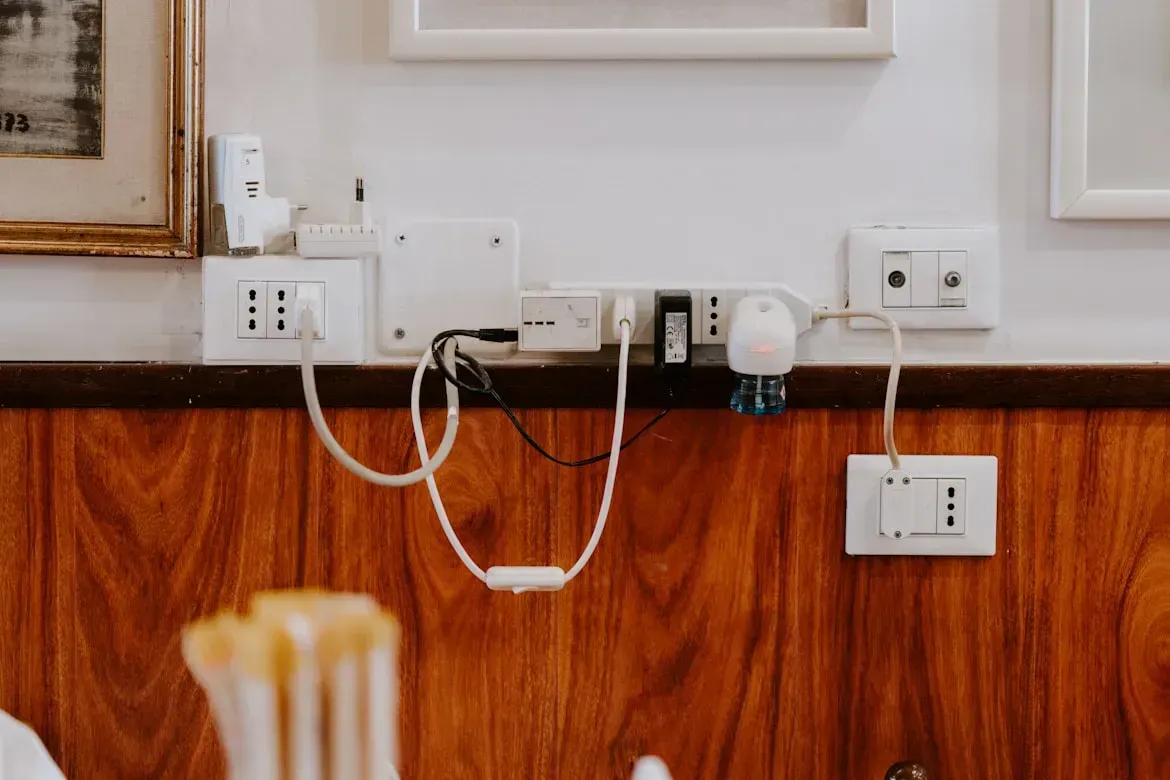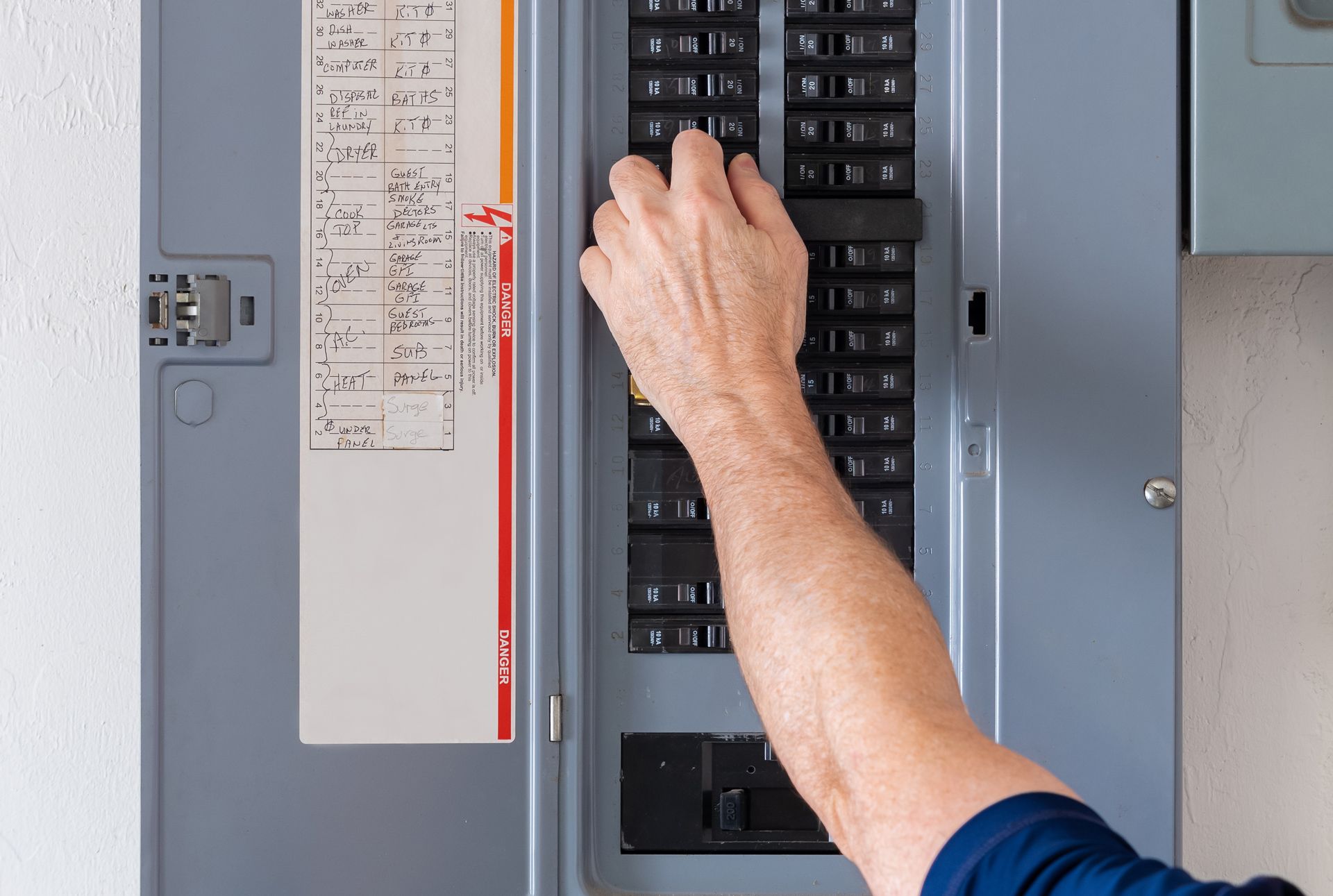The Ultimate Guide to EV Chargers: Understanding Levels 1, 2, and DC Fast Charging
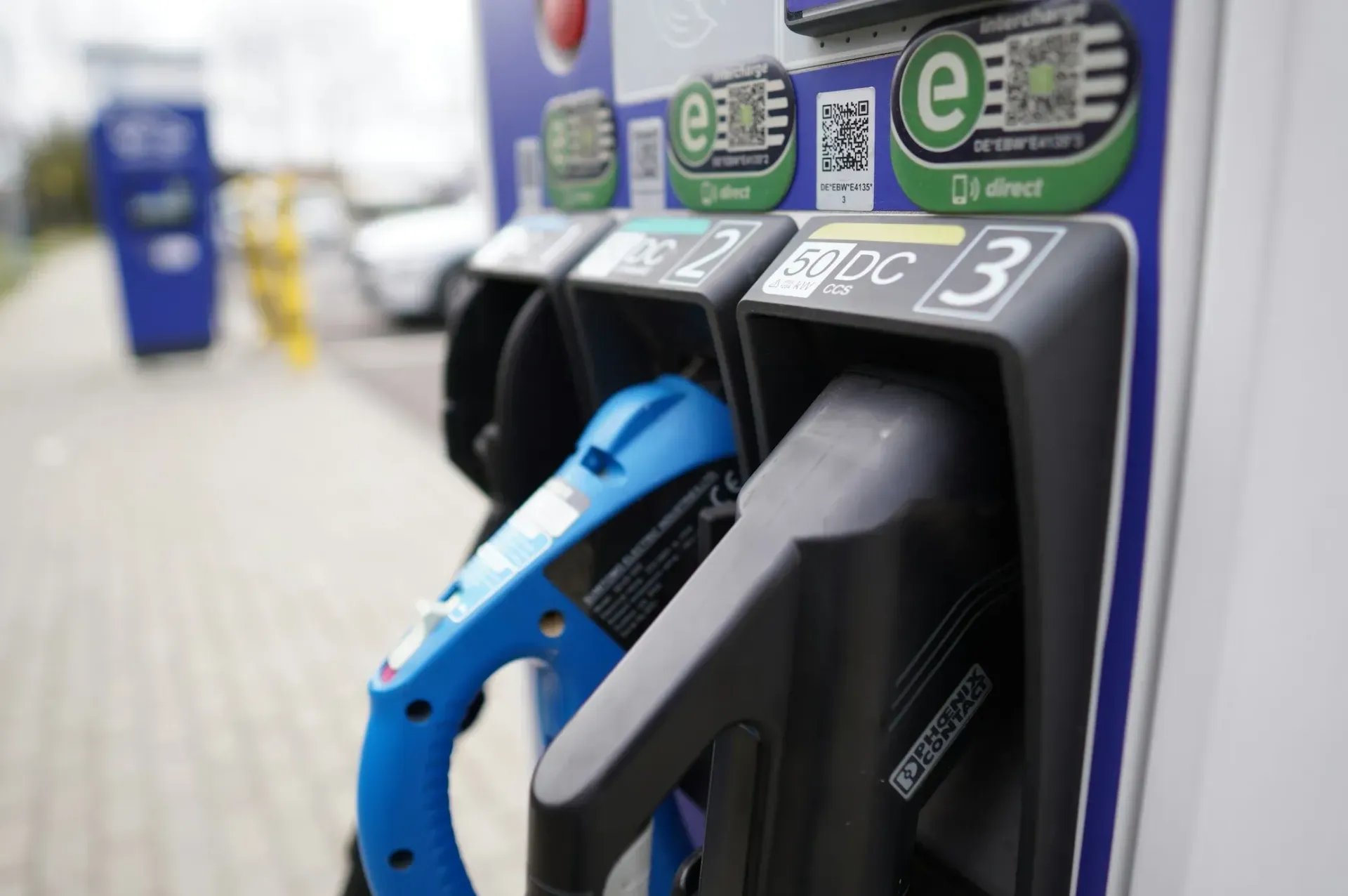
In the fast-paced world of green technology, electric vehicles (EVs) stand out as beacons of environmental progress. As EVs become more prevalent, understanding the nuances of their charging options becomes critical. This guide demystifies the world of EV chargers, diving deep into Level 1, Level 2, and DC Fast charging. Whether you're a new EV owner, considering making the switch, or simply curious about electric vehicle technology, this comprehensive overview is designed to enlighten and guide you through the essentials of EV charging. Let's embark on this electrifying journey together, equipping you with the knowledge you need to navigate the future of transportation.
Basics of EV Charging
At its core, EV charging replenishes the battery power of electric vehicles, enabling them to continue their journey without the need for traditional gasoline. The process might seem straightforward, but it involves a careful consideration of technology, infrastructure, and personal usage patterns. Understanding EV charging starts with recognizing the different levels of chargers available—each catering to various needs and scenarios.
Choosing the right type of charger is akin to selecting the right fuel for a traditional car; it's essential for optimal performance and convenience. This decision impacts not just how quickly you can get back on the road, but also how efficiently and cost-effectively you're utilizing your EV. In the sections that follow, we'll explore the three primary types of EV chargers—Level 1, Level 2, and DC Fast chargers—highlighting their pros and cons, ideal use cases, and what makes each unique. This foundational knowledge is your first step towards becoming an EV charging aficionado, ready to make informed choices for your electric vehicle journey.
Level 1 EV Chargers
Level 1 chargers represent the most basic form of EV charging available, but they hold a significant place in the ecosystem for their sheer simplicity and accessibility. Utilizing a standard 120-volt AC outlet—common in all homes across the United States—Level 1 chargers offer a plug-and-play solution for many EV owners.
Pros:
- Ease of Use: No special installation required; you can start charging with just a standard household outlet.
- Cost-Effective: Since there's no need for additional equipment or installation, Level 1 charging is the most budget-friendly option.
Cons:
- Slow Charging: With an average charging rate of about 4-5 miles of range per hour, Level 1 chargers are best suited for overnight charging or for those with minimal daily driving distances.
Ideal Use Cases
Level 1 charging is perfect for EV owners who primarily use their vehicle for short commutes and can afford to charge their car overnight. It's the entry-level charging solution that ensures your vehicle is ready to go each morning, making it an excellent option for those new to the electric vehicle lifestyle or as a secondary charging option for long-term EV users.
Quick Fact
A significant majority of EV charging happens at home, with Level 1 chargers serving as the backbone for many due to their convenience and straightforward approach. Despite their slow speed, the simplicity of plugging into an existing outlet without the need for additional infrastructure makes Level 1 a pivotal part of the EV charging landscape.
Level 2 EV Chargers
Taking a step up in the EV charging hierarchy, Level 2 chargers offer a more robust and faster charging experience. These chargers operate on a 240-volt AC supply, similar to what large household appliances like dryers or ovens use. This bump in voltage allows for a significantly quicker charge, making Level 2 chargers a favorite among EV owners for both home and public charging stations.
Pros:
- Faster Charging:
Level 2 chargers can add about 10 to 60 miles of range per hour of charging, drastically reducing the total time needed to fully charge an EV compared to Level 1 chargers.
- Versatility: Suitable for home installation as well as widely available in public charging stations, making them convenient for both daily use and longer trips.
Cons:
- Installation Cost: Unlike Level 1 chargers, Level 2 chargers often require professional installation and a dedicated 240-volt circuit, which can add to the initial setup cost.
- Higher Price: The chargers themselves are more expensive than Level 1 chargers, reflecting their advanced capabilities and faster charging speeds.
Ideal Use Cases
Level 2 charging is ideal for EV owners with a regular daily commute who need a quick and reliable charge. It's also well-suited for businesses and public establishments looking to offer charging solutions to customers or employees. For those looking to minimize downtime and ensure their vehicle is always ready for the road, Level 2 charging presents an excellent balance between speed and accessibility.
Quick Fact
The adoption of Level 2 charging stations is rapidly growing, not just in urban areas but also in suburban and rural settings, thanks to increasing support from governments and private enterprises. This expansion is making EV ownership more feasible and convenient for a broader range of people.
DC Fast Chargers
At the pinnacle of EV charging technology stand the DC Fast chargers, offering the quickest way to replenish an electric vehicle's battery. These chargers, leveraging direct current (DC) rather than alternating current (AC), can significantly reduce charging times, making them an invaluable asset for long-distance travel and on-the-go charging.
Pros:
- Rapid Charging: DC Fast chargers can add 60 to 100 miles of range in as little as 20 minutes, making them the fastest charging option available for EVs.
- Convenience for Long Trips: Ideal for highway rest stops and urban areas, allowing EV drivers to quickly recharge and continue their journey with minimal downtime.
Cons:
- Infrastructure and Cost: The installation of DC Fast charging stations requires significant electrical capacity and investment, making them less common than Level 1 and Level 2 chargers.
- Vehicle Compatibility: Not all EVs are equipped to handle DC Fast charging, and even among those that can, charging speeds can vary significantly.
Ideal Use Cases
DC Fast charging is perfect for EV drivers on long trips needing to minimize charging wait times. It's also suited for commercial fleets or drivers in urban areas who rely on quick turnarounds to maximize the efficiency of their operations or daily routines.
Quick Fact
The global network of DC Fast charging stations is expanding rapidly, with major automakers and governments investing heavily in infrastructure to support the growing fleet of electric vehicles. This expansion is a testament to the crucial role that DC Fast charging plays in the future of EV mobility, ensuring that drivers have the support they need for all types of journeys.
Choosing the Right Charger for You
Navigating the world of EV charging can seem daunting at first, but understanding your driving habits and daily needs can greatly simplify the process. Whether you're an EV newbie or a seasoned electric vehicle enthusiast, selecting the right charger is pivotal to enhancing your EV experience. Here’s how you can make an informed decision:
Assess Your Daily Driving Distance: Start by evaluating how much you typically drive each day. If your daily commute is relatively short and you have access to overnight charging at home, a Level 1 charger might suffice. For longer commutes or if you frequently find yourself in need of a quick top-up, consider the faster Level 2 charger.
Consider Installation Costs:
While Level 2 chargers offer the convenience of faster charging, they do require an initial investment for installation. Assess whether the upfront cost aligns with your budget and long-term EV charging needs.
Plan for Long-Distance Travel:
If you often take long trips or drive extensively for work, having access to DC Fast charging can be a game-changer. Check the availability of DC Fast charging stations along your common routes or in your area to ensure compatibility with your lifestyle.
Expert Tips
- Consult with an Electrician: Before upgrading to a Level 2 charger, consult with a certified electrician to ensure your home's electrical system can support the additional load.
- Research Incentives: Look into local, state, or federal incentives for installing EV charging infrastructure at your home or business.
These can significantly offset the initial costs.
- Stay Informed: Technology and infrastructure are rapidly evolving. Keep abreast of new developments in EV charging solutions that might offer better efficiency, convenience, or savings down the line.
Conclusion
Electric vehicles represent a significant step forward in reducing our carbon footprint and transitioning towards sustainable transportation. With the array of charging options available, from the simple Level 1 charger to the rapid DC Fast charger, EV owners have the flexibility to find a charging solution that fits their lifestyle. By making informed choices about EV charging, we can all contribute to a greener, cleaner world. Let’s embrace the future of driving with open arms and charged batteries.
If you're in the market for top-notch electrical services, including everything from routine maintenance and repairs to the installation of electric car chargers and comprehensive home lighting solutions, Bar H Bar Electric is the go-to provider. With a wide range of services tailored to meet every electrical need, they stand out for their expertise and commitment to quality.
Services Offered by Bar H Bar Electric
Electrical Service & Repair:
Whether you're facing minor electrical issues or need extensive repairs, Bar H Bar Electric has the expertise to get your system running smoothly.
Electric Car Chargers:
As electric vehicles become more popular, having a reliable home charging station is essential. They offer installation services for all types of EV chargers.
Electrical Panels:
Upgrading or repairing your electrical panel is crucial for safety and efficiency. Trust Bar H Bar Electric to provide expert service.
Interior Lighting:
From design consultation to installation, they can transform the ambiance of your home with custom lighting solutions.
Outlets and Switches:
Update your home with new outlets and switches to improve convenience and safety.
Spa Hookups:
Safely power your outdoor spa or hot tub with professional hookup services.
Wiring & Rewiring:
Whether you're renovating or building from scratch, they offer comprehensive wiring services to meet all your needs.
Service Areas
Bar H Bar Electric proudly serves a broad area, including Lehi, American Fork, Pleasant Grove, Sandy, Draper, St George, Hurricane, Cedar City, and Washington. Their wide coverage ensures that top-quality electrical services are just a call away, no matter where you're located within these regions.
